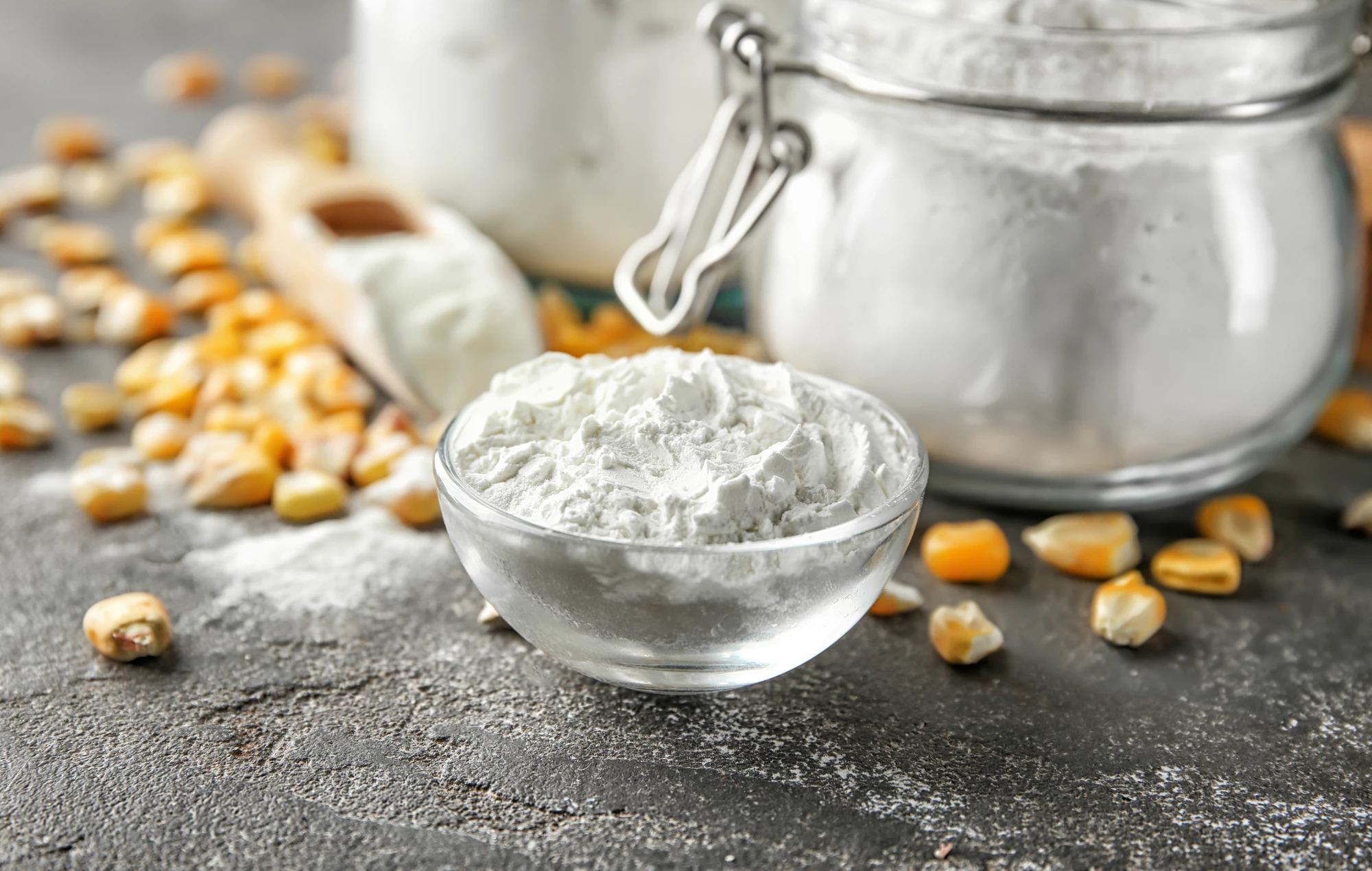Starch is an essential material for everything from bread-baking to paper-making, and there is much to be gained from streamlining the way we produce it. Scientists in China have managed to take an important step forwards in this area, developing a novel technology that turns CO2 into starch in a highly efficient manner, which could lead to massive savings when it comes to land and water use.
Given its widespread use in the production of foods, textiles, pharmaceuticals and many other goods, there is high global demand for starch. Currently, we produce commercial quantities of it through plants as they photosynthesize CO2, but this involves around 60 biochemical reactions and requires vast amounts of cultivated land and freshwater to carry out.
Researchers have been searching for a simpler form of starch production that lessens our reliance on traditional agriculture, and a big breakthrough has now come from a team at the Chinese Academy of Sciences. The researchers have developed what they say is the first method for the artificial synthesis of starch from CO2, and it is many times more efficient than the process that takes place naturally in plants.
The scientists came up with a hybrid solution involving what they call a chemoenzymatic system and an artificial starch anabolic pathway. This sees CO2 first reduced to methanol with the help of an organic catalyst. The methanol is then subjected to engineered enzymes that turn it into sugar units, which are then turned into polymeric starch.
The entire process involves only 11 core reactions, and produces starch from CO2 with 8.5 times the efficiency of corn. According to the scientists behind it, the resulting synthetic starch has the same structure as natural starch, and could be produced using far less space.
"According to the current technical parameters, the annual production of starch in a one-cubic-meter bioreactor theoretically equates with the starch annual yield from growing one third of a hectare of maize without considering the energy input," says Cai Tao, lead author of the study.
The team believes the breakthrough offers a new scientific basis for new technologies that manufacture industrial quantities of starch from CO2. Not only could this save on land and water, but it could also go a long way to shoring up food security and reduce the use of environmentally damaging pesticides and fertilizers.
"If the overall cost of the process can be reduced to a level economically comparable with agricultural planting in the future, it is expected to save more than 90 percent of cultivated land and freshwater resources," says MA Yanhe, corresponding author of the study.
The research was published in the journal Science.
Source: Chinese Academy of Sciences via Phys.org




